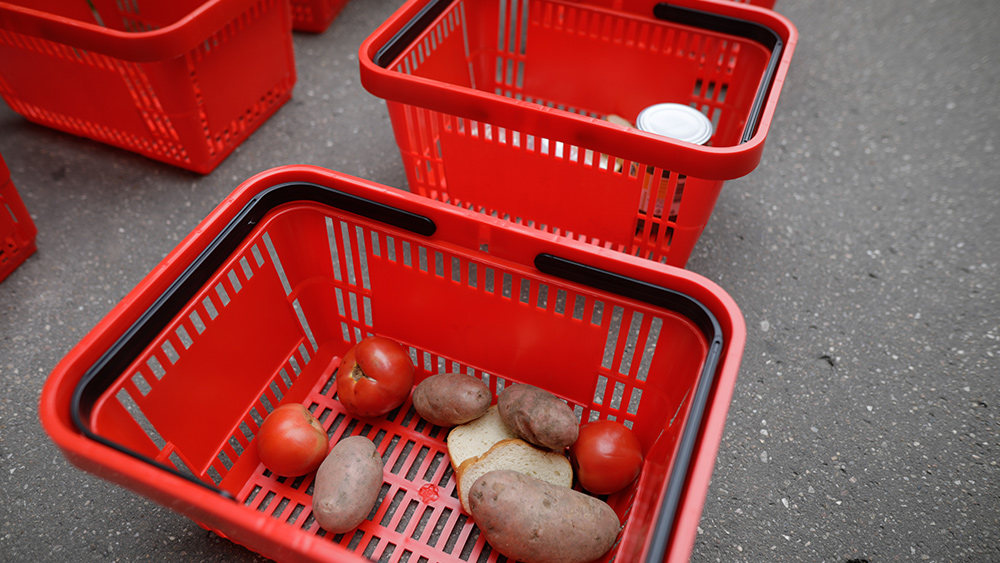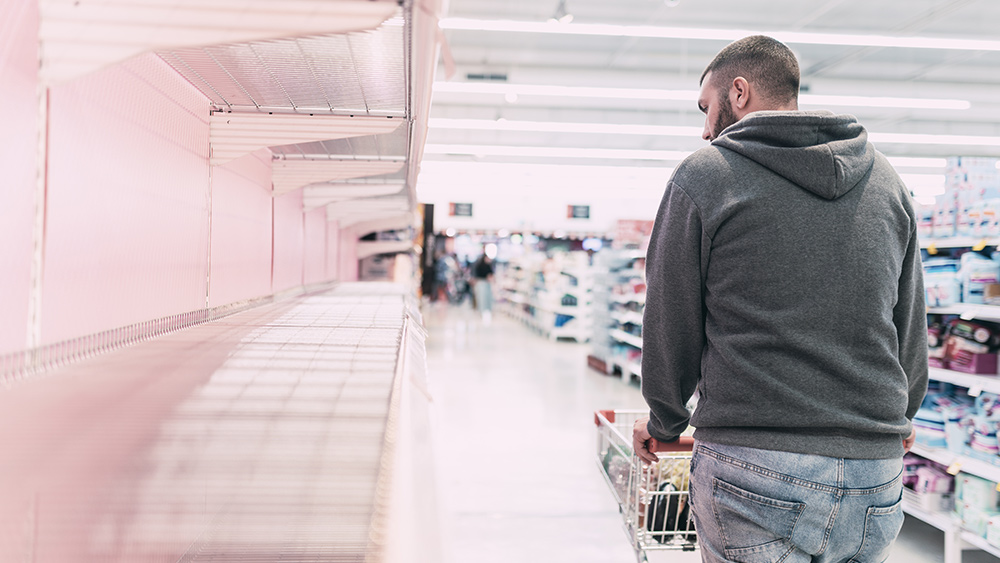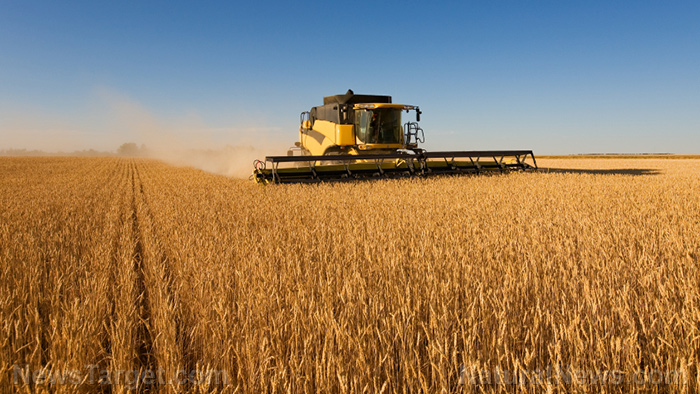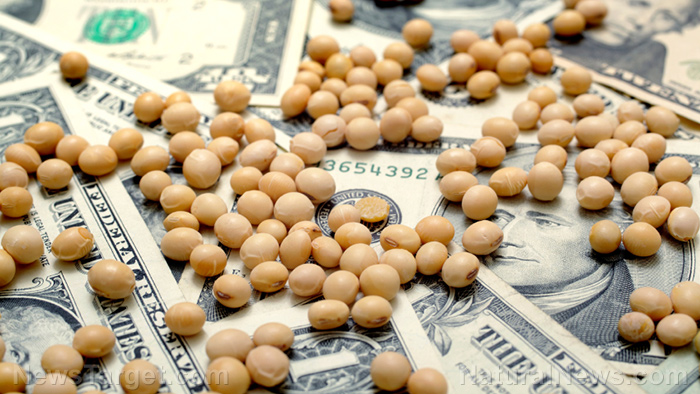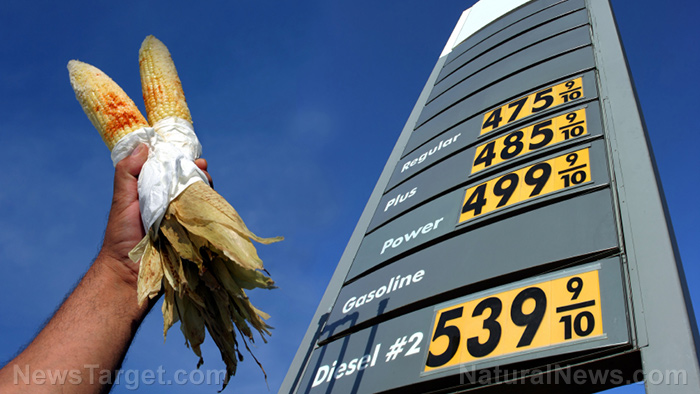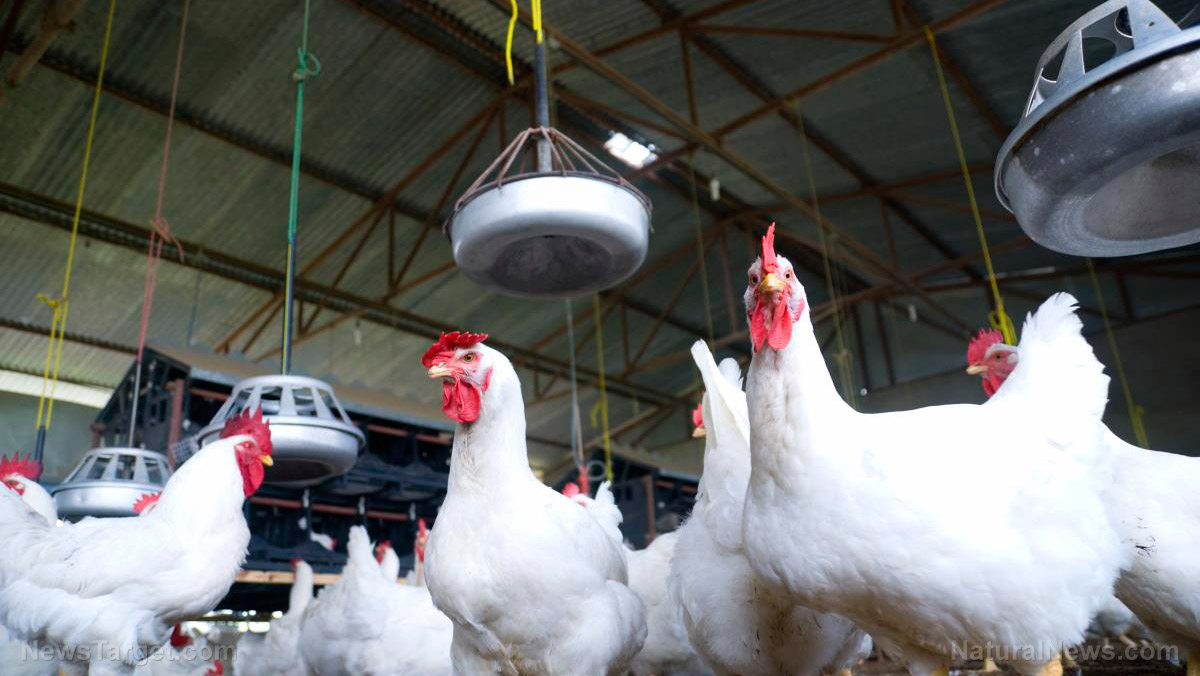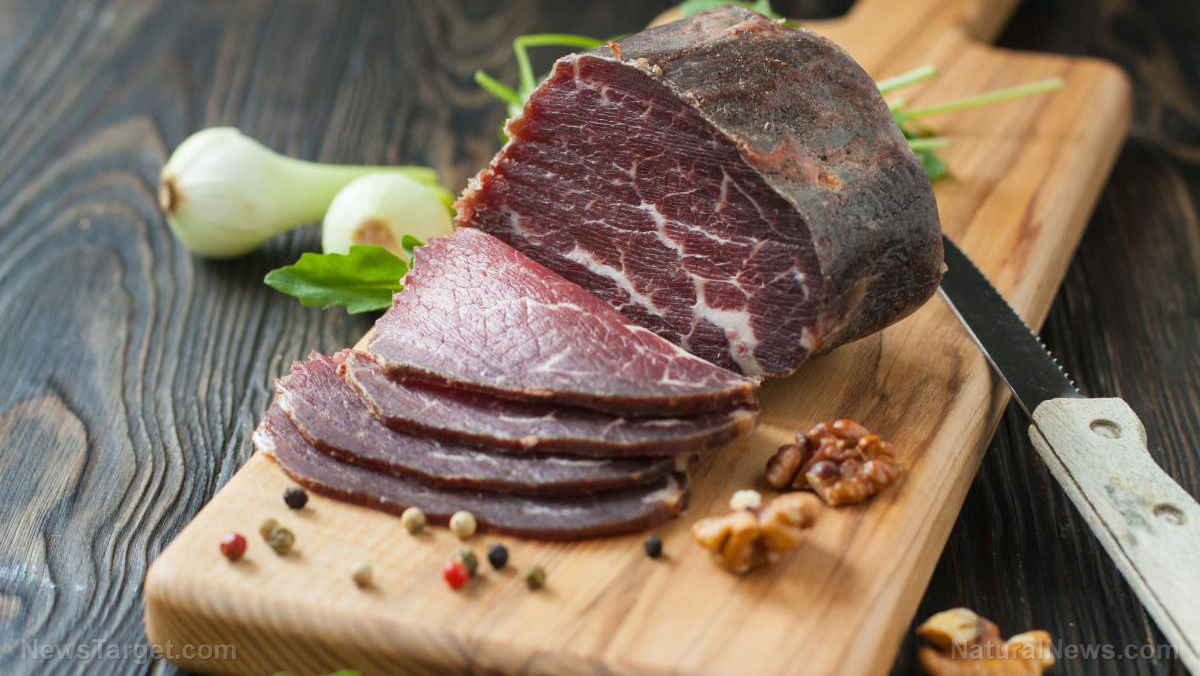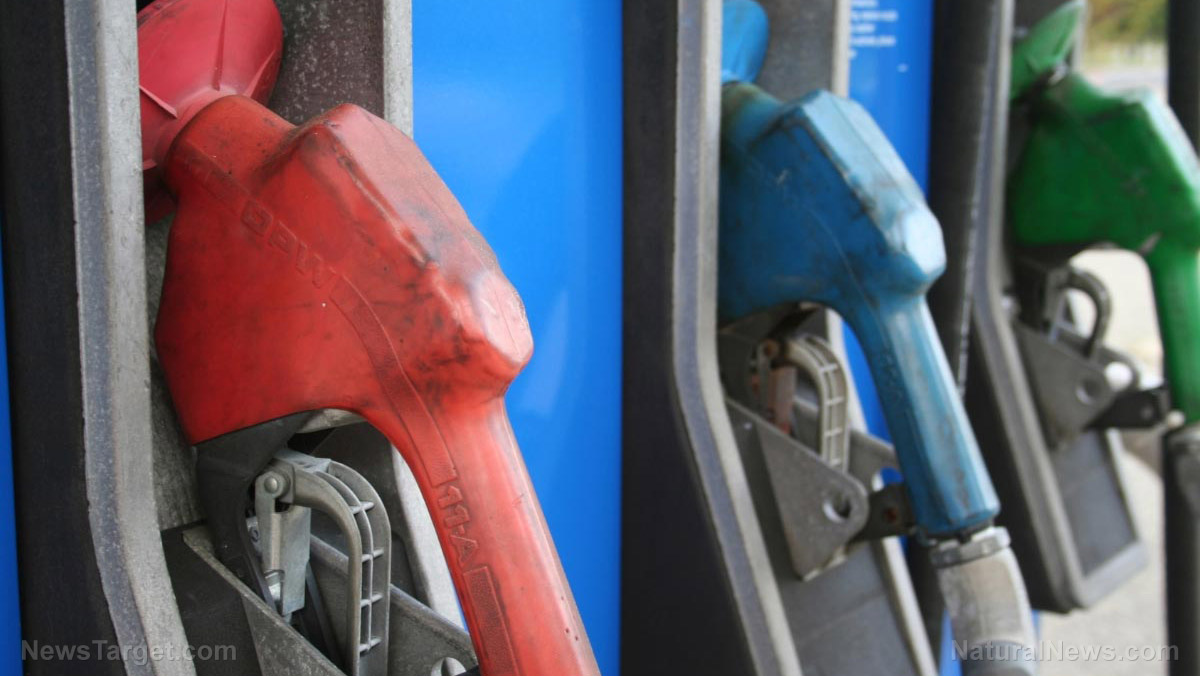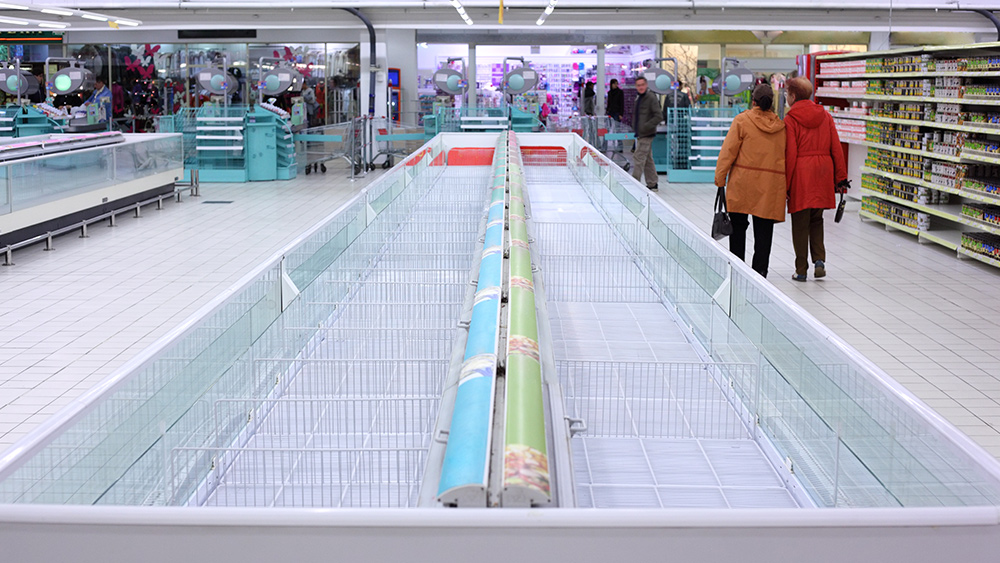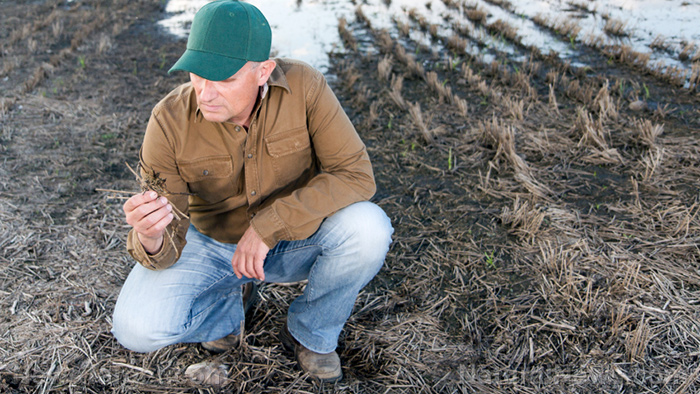The REAL price of fuel: Reports of deaths and violence plague Sri Lanka as people queue to buy expensive fuel
03/30/2022 / By Mary Villareal
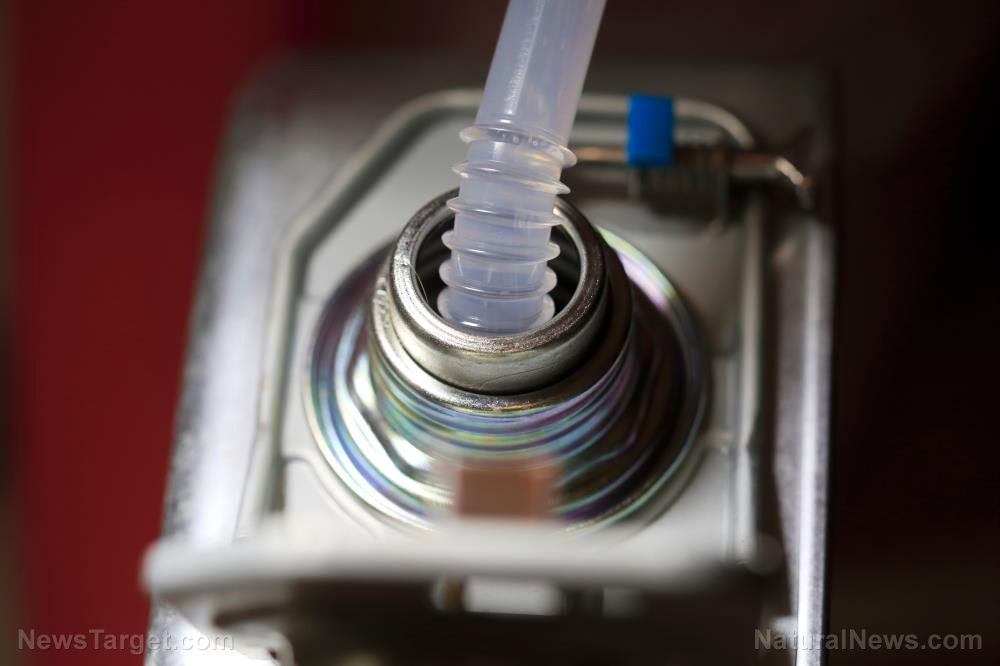
The Russian invasion of Ukraine has increased protests in Sri Lanka as the country falls into its worst economic crisis since its independence in 1948.
The fuel crisis in Sri Lanka has led to at least three deaths due to the long hours of waiting that proved too much for people. Numerous others have also fainted in queues for food and fuel across the nation.
These lines and tragic deaths show the long-reaching impact of Russia’s invasion of Ukraine, and Sri Lanka’s precarious developing economy relies on the trade and tourism of the warring countries, which is now proving vital to their economy. (Related: Record gas prices are pushing up everyday costs, which could lead to recession.)
Sri Lanka has been economically challenged even before the Wuhan coronavirus (COVID-19) pandemic, and it has since seen its foreign reserves plummet to the point that it can no longer afford imports of essentials from other countries. The Ukraine crisis also exacerbated the South Asian country’s glaring deficits.
As of late, there had been power cuts several hours a day, and most families now have to rely on fuel to power their homes. Necessities have become scarce, and people have been lining up for their rations of rice, lentils, milk powder and sugar.
The government now calls this the country’s worst economic crisis since gaining independence in 1948, and the Sri Lankans have since been facing acute shortages of necessities such as food, oil and paper. The current inflation also soared to 17.5 percent and is among the 11 worst in the world.
Sri Lanka has now ordered its military to post soldiers at hundreds of petrol stations to help distribute fuel after a sudden rise in prices of key commodities.
The nation is already battling a foreign exchange crisis that forced the devaluation of its currency and hit payments for essential imports such as food, medicine and fuel.
The decision to position troops near petrol pumps came after the deaths of three elderly individuals. Military spokesman Nilantha Premaratne said at least two military personnel will be deployed at every fuel pump, although soldiers will only help organize fuel distribution and not be involved in crowd control.
This move came as a response to complaints received regarding the stockpiling and inefficient distribution of fuel among the public.
Sri Lanka resurgence unlikely based on current circumstances
Asanka Wijesinghe, a research fellow at the Institute of Policy Studies of Sri Lanka, said that while the Russia-Ukraine crisis aggravated the situation in the country, it did not create any new problems. Together, Russia and Ukraine account for two percent of Sri Lanka’s imports and 2.2 percent of exports.
However, they are affected by wheat products as 45 percent of the wheat Sri Lankans consume comes from Russia and Ukraine. Meanwhile, the warring countries are Sri Lanka’s top buyers of black tea. (Related: Global food costs will continue to rise due to surge in prices of oil and gas.)
The increasing sanctions against Russia can also aggravate the situation as prices increase to an unmanageable scale, and it remains unclear how Russia could pay for the exports with the sanctions still in place.
The crisis also hit Sri Lanka on multiple fronts, which crippled the country’s ability to pay off its massive debt to international creditors. With a total debt of $7 billion, it has to repay at least $4 billion this year.
Experts also flagged import restrictions on 367 items, including milk, lentils and eggs, which are now categorized as “non-essential” items and can only be sourced by valid license holders. This means that on top of struggling to pay for expensive gas cylinders, Sri Lankans are also struggling to afford meat and vegetables.
Still, it is the fuel costs that exacerbated Sri Lanka’s financial problems. A news outlet reported that a 29-year-old motorcyclist was killed in a fight at one of the fuel queues, where a large crowd of angry protesters was seen stopping a bus full of tourists.
Defense officials also confirmed that they had deployed troops to fuel stations amid reports of fighting as antigovernment protesters mounted rallies, demanding that President Gotabaya Rajapaksa resign from his post.
“Sri Lanka hasn’t faced this kind of situation before. The cost of the crisis will fall on Sri Lankans disproportionately,” Wijesinghe said about the current economic problem.
In an attempt to mitigate the problem, the government secured a $1 billion loan from India and initiated talks with China regarding plans to borrow another $2.5 billion.
Follow Collapse.news for more information on economies affected by the Russia-Ukraine crisis.
Watch this video to know more about gas price propaganda.
This video is from the Son of the Republic channel on Brighteon.com.
More related stories:
Italian truckers block highways to PROTEST exorbitant fuel prices.
Catastrophic Inflation: “I’ve never seen prices jump this high, this fast.”
Gas prices in California are rising so high they’re about to beat the state’s all-time record.
Skyrocketing fuel costs spark mass protests in France, Spain and Albania.
Sources include:
Submit a correction >>
Tagged Under:
big government, bubble, chaos, Collapse, debt collapse, economy, energy, energy prices, food collapse, food supply, gas prices, Inflation, market crash, national security, oil ban, oil prices, panic, price hikes, price increase, products, risk, Sri Lanka
This article may contain statements that reflect the opinion of the author
RECENT NEWS & ARTICLES
COPYRIGHT © 2017 FOOD SUPPLY NEWS

